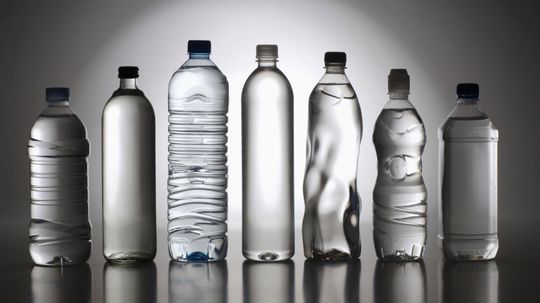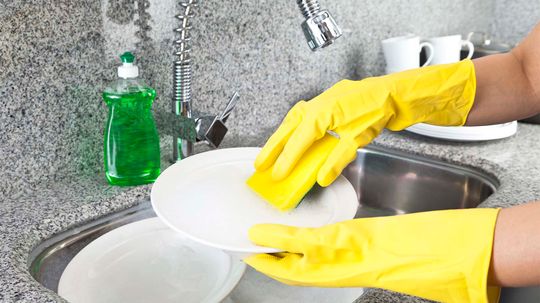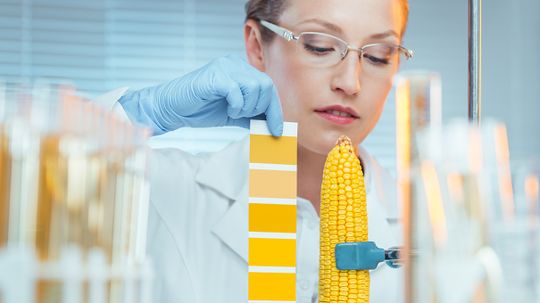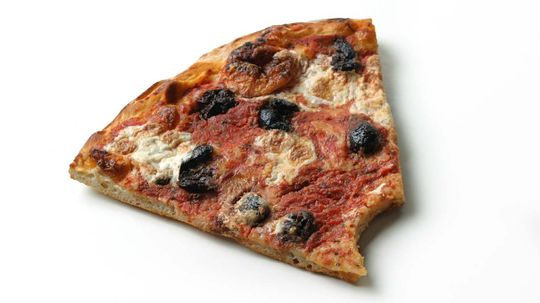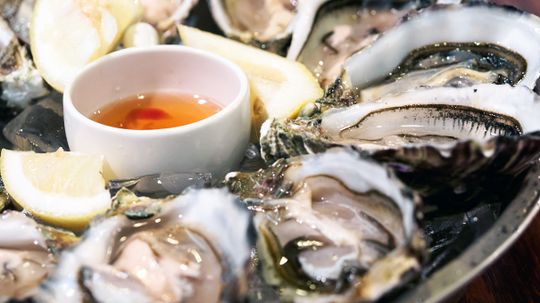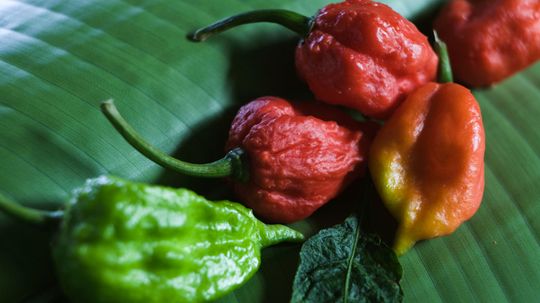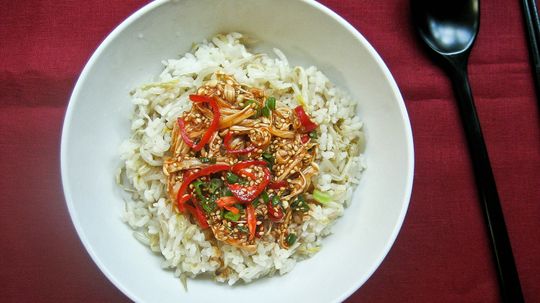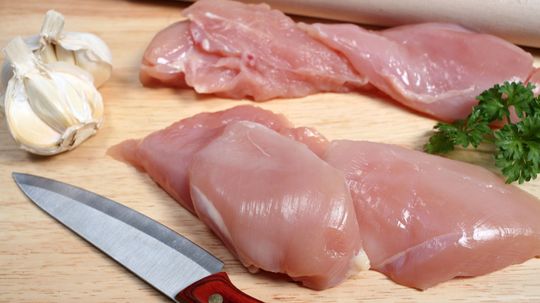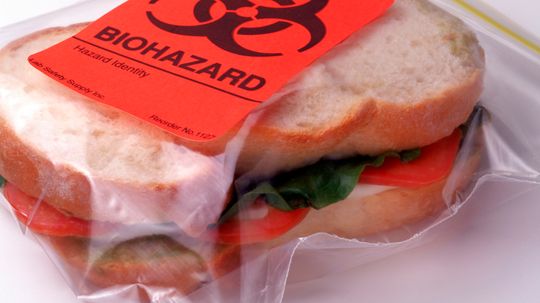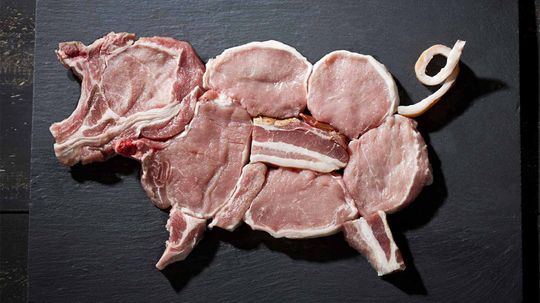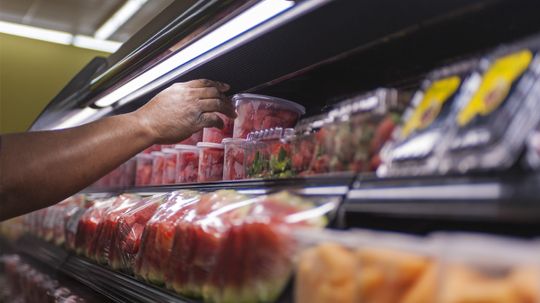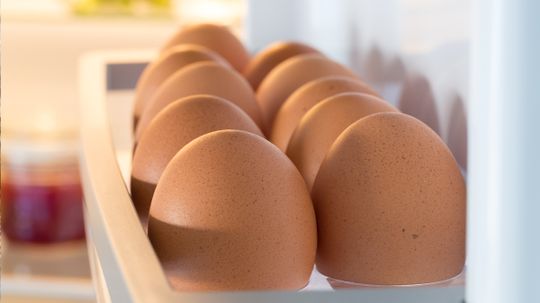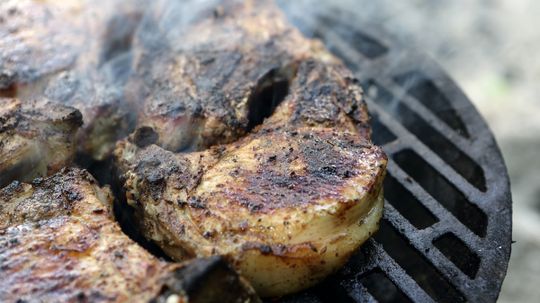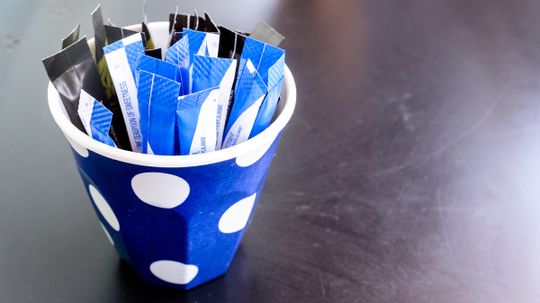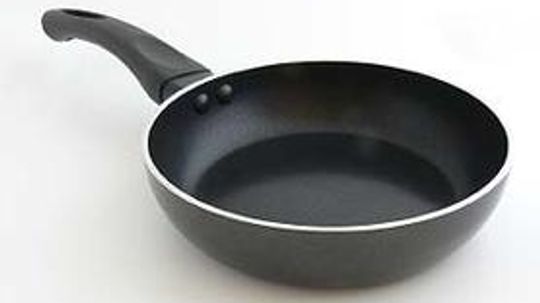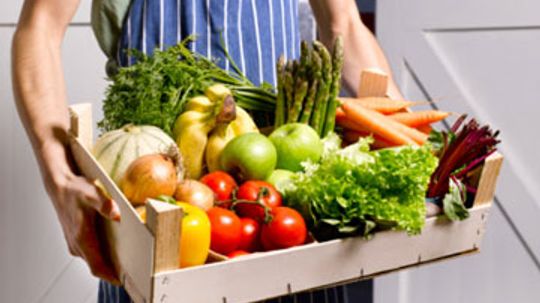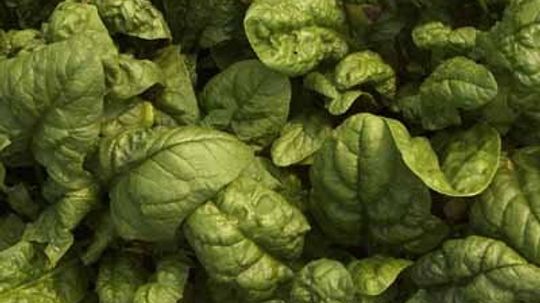Food Safety
From pesticides to antibiotics in meat, do you know what you're really eating? See what you need to know about food safety.
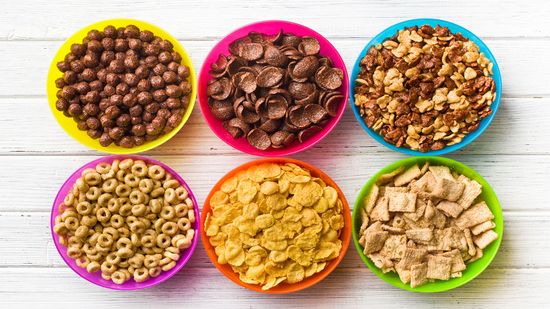
Ultra-processed Foods May Increase Inflammation, Chronic Disease Risk
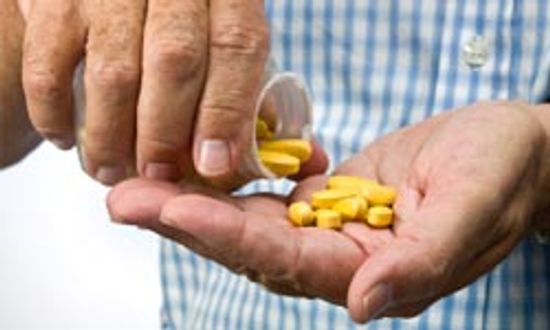
Top 5 Anti-aging Vitamins

Your Basic Health Maintenance Plan

The Worst Bottled Water Brands Are Basically Filtered Tap Water
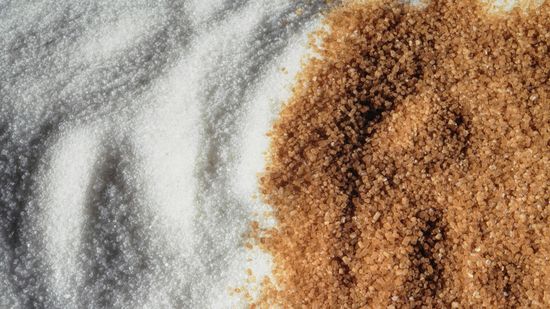
What's the Difference Between White Sugar and Brown Sugar?
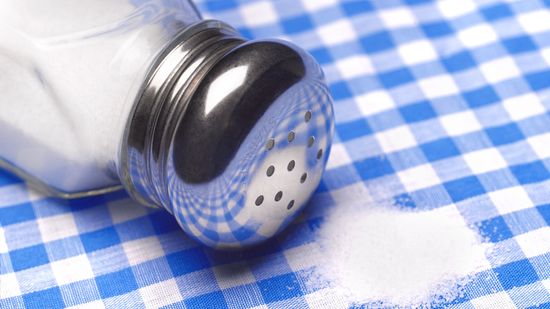
A Simple Salt Swap Could Save Thousands of Lives, Maybe Yours
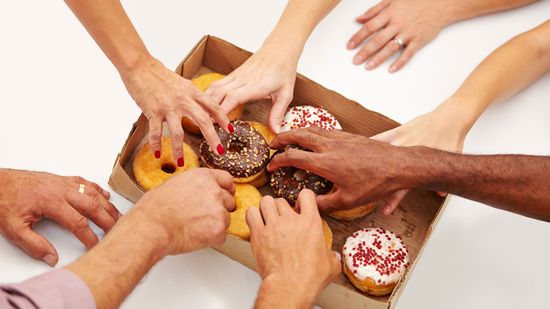
U.S. Workers Get 1,292 Extra Calories per Week From Snacks at Work
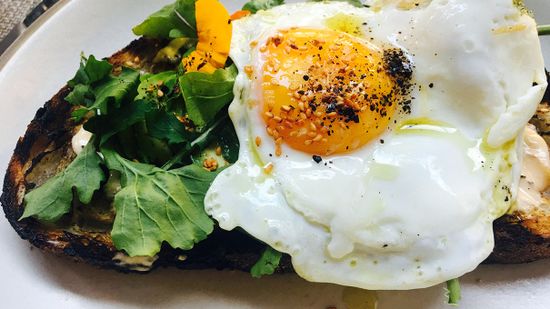
Why a Second Breakfast Can Be Good for Us
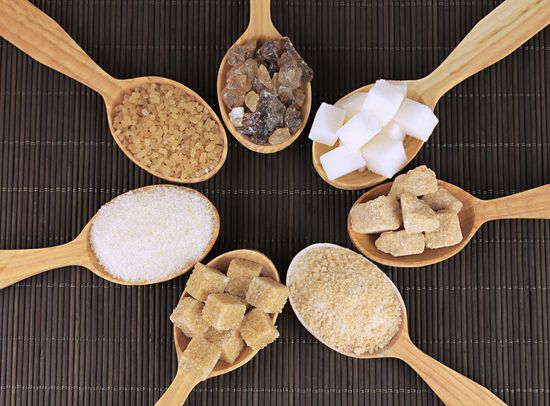
Is brown sugar healthier than white sugar?
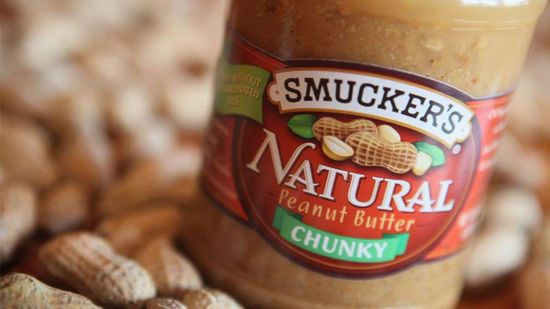
What Makes a Food 'Natural'?
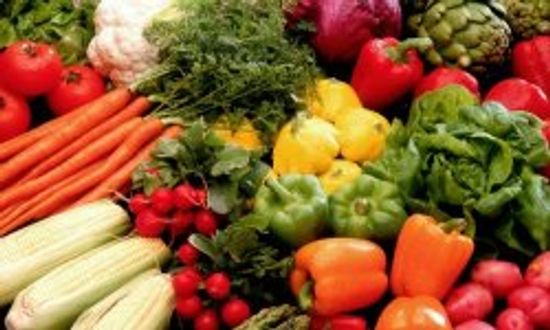
20 Healthiest Foods Pictures
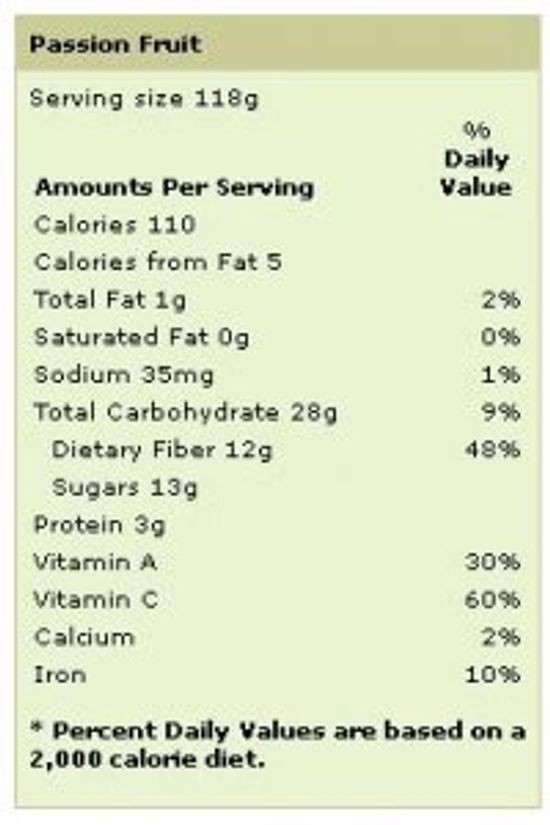
Passionfruit: Natural Food

10 Types of Magnesium Supplements You Should Know
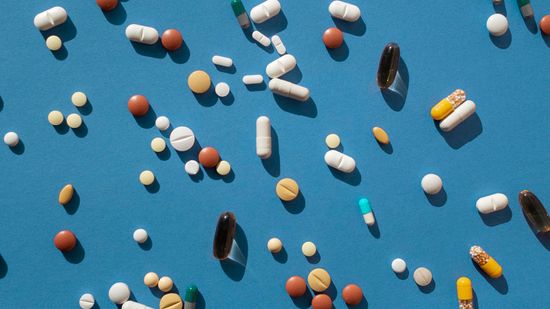
Magnesium Glycinate vs. Citrate Vitamin Supplements
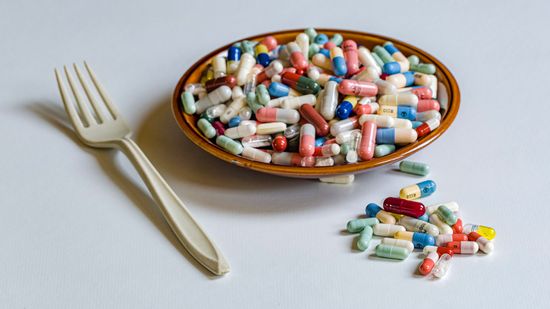
How Religion and Anti-regulatory Bias Birthed a $36 Billion Supplement Industry
Learn More
With many options available, choosing the healthiest bottled water depends on factors like source, minerals, pH level, and purity.
By Ada Tseng
We spend millions on dishwashing detergents every year, but how necessary is soap to the cleanliness of our dishes?
By Carrie Tatro
The FDA is supposed to ensure the foods we eat are safe. But do you know what's in the foods you're eating?
By Diana Brown
Advertisement
Leftover pizza is practically a staple in college dorms and bachelor pads, but is it safe to eat at room temperature?
By Dave Roos
Despite what you've probably heard, oysters are safe to eat in months with the letter "r".
Ghost peppers were once used to make grenades. Is something like that even safe to eat?
Is eating cold Chinese leftovers one of your guilty pleasures? It might sound alarmist, but rice that hasn't been reheated could inflict serious damage on your body.
Advertisement
If you've ever had food poisoning, you know it is decidedly unfun. And it turns out, there are many different kinds of foodborne disease that may not kill you, but you might prefer they did.
We may try to avoid the restaurant with the low health rating or eye the roadside barbeque stand with caution. But did you know you get food poisoning from vitamins, your own kitchen, or even sex?
By Alia Hoyt
There are some foods that need to be cooked before you eat them. Not just because they'll taste way better, but also because if you eat them raw, they could make you sick.
The bacteria that cause food poisoning need to eat, too. Which packable foods provide happy breeding grounds outside the fridge, and which will last without going bad?
Advertisement
Overseas travelers might have noticed that different people handle eggs differently. What gives? And why aren't those other people all getting salmonella poisoning?
Like your meat dark and smoky? Here's what you should know about the carcinogens in those overly well-done steaks and sides.
Aspartame, a common ingredient in many diet drinks, gets blamed for dozens of diseases and conditions. A widely circulated e-mail connects aspartame with multiple sclerosis. Is it time to toss the diet soda for good?
Remember the shutdown on the Georgia peanut factory for salmonella poisoning back in 2009? Some food recalls make the headlines, but most pass unnoticed. Who decides when a product needs to be recalled? And does it happen too often or not enough?
By Alia Hoyt
Advertisement
These two cookware materials have generated some worry. Learn more about avoiding aluminum and teflon cookware.
Just when you thought it might be safe to turn on your faucet. Learn more about how much poop is in your drinking water.
Organic food -- once a specialty item sold in specialty stores to either the rich or the granola crowd -- is now commonplace. But how do you know what you're buying, and what's the difference between "organic" and "pesticide-free"?
By Julia Layton
Food contamination isn't limited to improperly cooked meat or raw eggs. Learn why your salad could be dangerous too.
